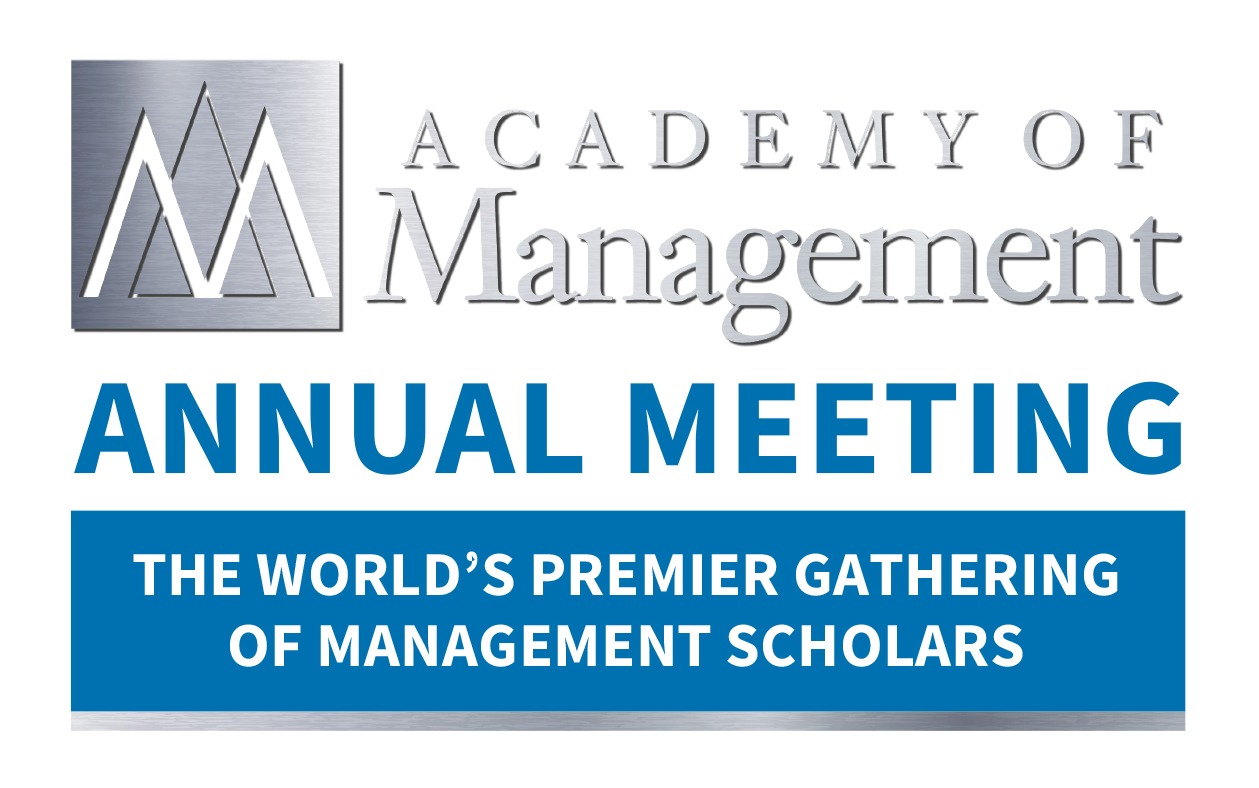The 84th Annual Meeting of the Academy of Management / AOM 2024: Chicago
Vice President and Program Chair: Tammy L. Madsen, Santa Clara University
Innovating for the Future invites members to examine the interplay of innovation, policy, and purpose as a lens for rethinking conventional ways of leading, managing, and organizing.
The future state of the organization is of perennial concern to management scholars and managers themselves. Political unrest, economic volatility, inequality, rapid technological change, environmental erosion, health crises, and pronounced societal issues
across the globe continue to challenge traditional approaches to governing the organization.
What are the implications for the organization of the future? The unprecedented complexity underscores the importance of innovation and policy-making (at macro, meta, and micro levels) in shaping organizations in pursuit of sustainable growth. Developing
novel managerial and organizational purpose driven solutions to address this complexity requires collaboration and co-innovation with and among multiple stakeholders. Yet, orchestrating an evolving and diverse set of independent actors to solve untamed
problems requires working in unfamiliar ways. Empirical research also reveals the tradeoffs and difficulties organizations encounter when responding to the multi-faceted, concurrent challenges.
In today’s world, the intricacies of effectively leading and managing an organization demand a fresh perspective. And who better to continue to lead the charge than management scholars. We are uniquely positioned to question the status quo
and reimagine how value is orchestrated, created, and distributed with and among diverse and loosely connected stakeholders. An example of a challenge at the intersection of multiple stakeholders is the nature and accelerated pace of digital technology
development and adoption. ChatGPT had 1 million users within 5 days of its first release and reached 100M users in its first 2 months, faster than TikTok or Instagram. However, seven countries were quick to ban the product over concerns about privacy
or the spread of misinformation and a large number of tech luminaries have signed an open letter that calls for pausing the development
and testing of AI technologies. In a step to encourage responsible practices, the leading tech firms developing AI have committed to a set of basic safeguards for the fast-moving technology. Meanwhile, hundreds of artificial intelligence apps have
emerged with promises to enhance automation, performance management, worker creativity and productivity; and workers, managers, and organizational leaders seek guidance on how AI will change the nature of work.
Such dramatic technological shifts coupled with amplifying environmental and public concerns serve as the backdrop for the 2024 theme. Instead of focusing on organizational reactions to the ever-changing complexities of our world, Innovating for the Future
urges scholars to delve deep within organizations. By reimagining the organization from the inside out and considering the interplay of innovation, policy, and purpose, the theme seeks to unlock a wave of innovative insights and evidence-based contributions
that pave the way for a brighter future for workers, managers, organizations, and society at large. Several questions emerge*:
- What is the relationship between policy, purpose, and innovation in organizations and how does it affect value creation and distribution?
- What organizational processes enable (constrain) decision making that integrates all three elements?
- What innovations in organizational policies, processes, and practices can help employees and managers cope with intractable problems while staying true to their purpose?
- How might managers navigate the tensions that arise between their internal sense of purpose and the expectations of external stakeholders?
- What innovations in organizational forms, systems, and micro-processes can help leaders, managers and workers embed concerns about societal issues in day-to-day activities for enduring impact?
- How might organizations and managers create policies (at macro, meta, and micro levels) that strike a balance between regulating the use of emerging technologies and incentivizing innovation that aligns with responsible, purpose-oriented growth?
- Under what conditions will government intervention, such as regulation or deregulation, help or hinder an organization’s ability to mobilize collective action aimed at addressing complex grand challenges? How might regulatory heterogeneity and institutional conflicts across and within countries affect the pace of solution development?
- What can leaders do to ensure that governing policies related to the use of emerging technologies and the organizational practices associated with their implementation promote inclusion rather than exacerbate inequalities?
- What actions might leaders take to infuse a responsible business mindset into an organization’s culture, practices, policy-making, and innovation activities?
- In what ways can managers and loosely connected stakeholders align incentives and cultivate productive relational arrangements to ensure that co-innovated solutions are developed and utilized in a manner that remains true to purpose-driven objectives?
- How might organizations leverage advancements in digital technology to shape stakeholder interactions and to rethink their value creation and distribution processes?
* Interested in discovering research questions tailored to each Division and Interest Group (DIG)? Explore the Theme-related Research Questions offered by the Program Chairs and PDW Chairs of each DIG.
Innovating for the future beckons scholars to broaden their thinking and creativity about what needs to change within organizations to address the persistent problems and opportunities of our time. The unparalleled level of complexity in today’s environment provides an opportunity for us, AOM’s ecosystem of scholars, educators and practitioners, to come together to make a compelling difference.

 85th Annual Meeting of the Academy of Management
85th Annual Meeting of the Academy of Management